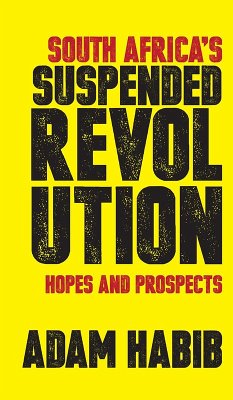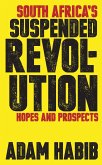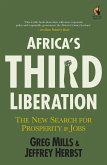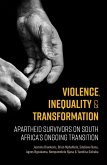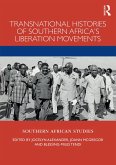South Africa's Suspended Revolution engages with the country's transition into democracy and its prospects for inclusive development. It is an antidote to many descriptive and voluntarist explanations in which leaders and other actors are treated as unfettered agents whose choices and behaviour are merely the result of their own abilities or follies. In contrast, Adam Habib explains the story of how South Africa arrived at this point by locating these actors in context. He tries to understand the institutional constraints within which they operated, why they made the choices they did, and what the consequences are. The book also explores what other policy options and behavioural choices may have been available, and why these were forsaken for the ones that were eventually adopted. In essence, the book is about how South Africa got to its present state of affairs, what the country's current challenges are, and how these could be transcended. It is deeply historical in the sense of understanding what possibilities may have existed in one moment, but not another. The narrative recognises that societies evolve and as a result the potential for political and socioeconomic advances themselves change. This then is a story of the dynamic interplay between actors and context, how the latter can constrain and condition the former, but also how individuals and institutions can, with imagination, act against the grain of their location and historical moment, thereby transforming the possibilities and, through them, society itself.
Dieser Download kann aus rechtlichen Gründen nur mit Rechnungsadresse in A, D ausgeliefert werden.

